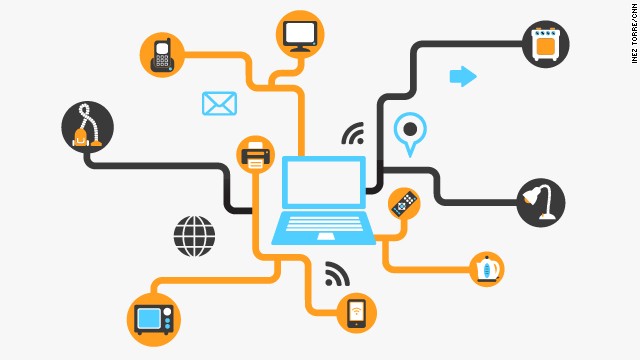The ‘Google Effect’, the impact on our memory of being able to find information online[i] has extended to include important personal information and mobile devices, a new study by Kaspersky Lab has found. The study reveals that the majority of connected consumers in the UK can’t recall critical phone numbers from memory, including those of their children (71%), children’s schools (87%), place of work (57%) and partner (49%). However, half (47%) could recall instantly their home phone numbers when aged 10 and 15.
Kaspersky Lab surveyed 6,000 consumers aged 16 and older in six European countries. The findings suggest that our inability to retain important information is due to the fact that we are handing over responsibility for remembering it to digital devices such as smartphones. Just over half (53%) of the youngest consumers surveyed (16 to 24 year-olds) say that their smartphone holds almost everything they need to know or recall.
Kaspersky Lab has termed this phenomenon Digital Amnesia: the experience of forgetting information that you trust a digital device to store and remember for you.
The study found evidence of Digital Amnesia across all age groups and equally among both men and women.
Not surprisingly, the study also found that the loss or compromise of data stored on digital devices, and smartphones in particular, would leave many users devastated. Four in ten women (44%) and almost the same number of 16 to 24 year-olds (40%) would be overwhelmed by sadness since they have memories stored on their devices that they believe they might never get back. One in four women (25%) and 38% of younger respondents would panic: their devices are the only place they store images and contact information.
So it is worrying that despite this growing reliance on digital devices as the guardian of our memories, and the profound emotional impact of losing those memories –– the study found that UK consumers are failing to adequately protect these devices with IT security. Just a quarter installs extra IT security on their smartphone (27%) or tablet (24%) and 22% don’t protect any of their devices with additional security.
“Connected devices enrich our lives but they have also given rise to Digital Amnesia. We need to understand the long term implications of this for how we remember and how we protect those memories. The phone numbers of those who matter most to us are now just a click away – so we no longer bother to memorise the details. Further, an overwhelming 86% of those surveyed say that in our increasingly hyper-connected world people simply have too many numbers, addresses, handles etc. for them to remember even if they wanted to. We discovered that the loss or compromise of this precious information would not just be an inconvenience, it would leave many people deeply distressed. Kaspersky Lab is committed to helping people understand the risks their data could be exposed to, and empowering them to tackle those risks, for example, by installing security software that would keep their devices and data protected.” said David Emm, Principal Security Researcher, Kaspersky Lab.
“The act of forgetting is not inherently a bad thing. We are beautifully adaptive creatures and we don’t remember everything because it is not to our advantage to do so. Forgetting becomes unhelpful when it involves losing information that we need to remember,” said Dr Kathryn Mills, UCL Institute of Cognitive Neuroscience, London.
Dr Mills continued: “One of the reasons consumers might be less worried about remembering information is because they have connected devices that they trust. In many societies, having access to the Internet feels as stable as having access to electricity or running water.”
An in-depth report, titled: The rise and impact of Digital Amnesia: Why we need to protect what we no longer remember, further explores the issue and can be downloaded from https://kas.pr/digam.
A downloadable Your digital valuables guide which explores the dangers of not remembering things for ourselves can be downloaded from http://www.thinksecurityguide.com/Your-digital-assets/Digital-amnesia.aspx.
[i] Google Effect on Memory: cognitive consequences of having information at our fingertips, August 2011, Professor Betsy Sparrow, University of Columbia and Professor Daniel Wegner, Harvard University, and Jenny Liu of the University of Wisconsin-Madison.








